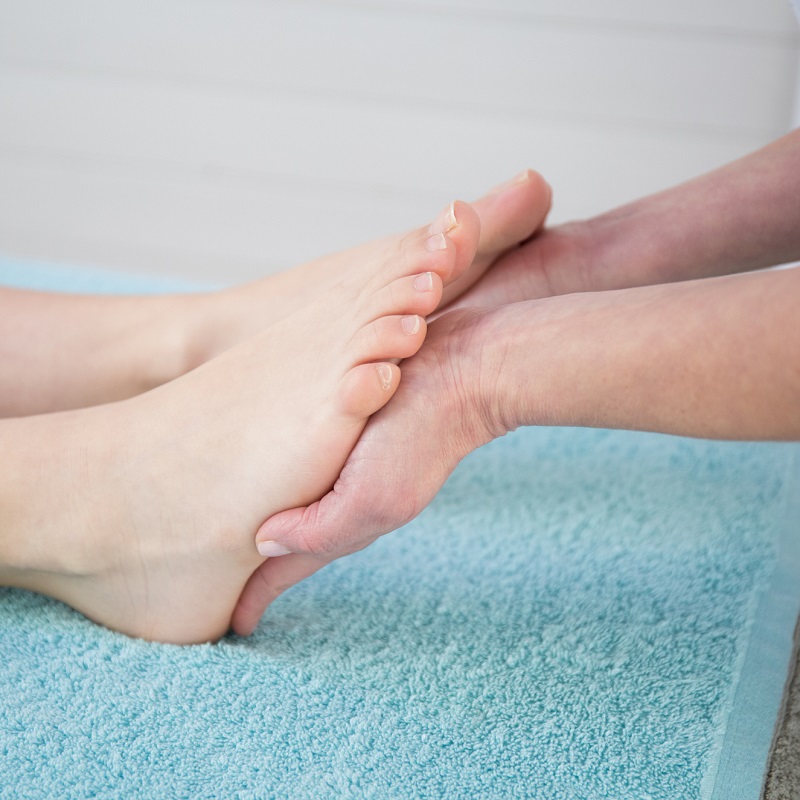There are several popular forms of complementary and alternative medicines and therapies that promote wellbeing for older people, such as homeopathy, chiropractic, reiki, massage, and reflexology for the elderly.
World Reflexology Week occurs during the last week of September every year and promotes this particular type of therapy and its benefits – but what is reflexology and why is it so popular among the elderly?
What is reflexology?
Reflexology is the application of pressure to areas of the body, notably involving the manipulation of defined pressure points on the feet, hands, lower legs, face or ears. Reflexologists believe that pressure points correspond to various areas of the body and that the application of pressure on these specific points can help to alleviate illness, encourage healing and release tension by working on lines of ‘energy.’ Aside from the physical benefits, reflexology is relaxing and is often cited as an effective way to alleviate stress.
How can reflexology benefit the elderly?
Regular reflexology sessions can help older people cope with general aches and pains as well as alleviating symptoms associated with some chronic problems, including:
- Respiratory conditions
- Anxiety and depression
- Recovery from stroke
- High blood pressure
- Migraine and headaches
Often carried out in hospices and residential homes for the elderly, reflexology techniques can help reduce cholesterol levels, reduce and maintain lower blood pressure and assist with mobility. Reflexology has also been attributed as being a calming and reassuring non-verbal method of communication for those who have Alzheimer’s and dementia, by providing relaxation techniques helping the client to feel they are in a safe place.
Where to start with reflexology
If someone in your care would like to try reflexology to see if it works for them, the first step is for them to speak to a reflexologist who will take their medical history and find out about what they’re hoping to gain from the therapy. The reflexologist should be able to provide information on the qualifications they hold and whether they belong to a regulatory body – both of which are good indicators of their professional standards.
During the therapy itself, usually it is just shoes and socks that will need to be removed as this allows full access to the feet. It can take just a couple of reflexology treatments to start noticing results, and the individual should be able to tell whether or not they want to continue with the therapy at this point based on how it makes them feel.
Discover more healthcare insights on our blog.
Sources
Mayo Clinic











